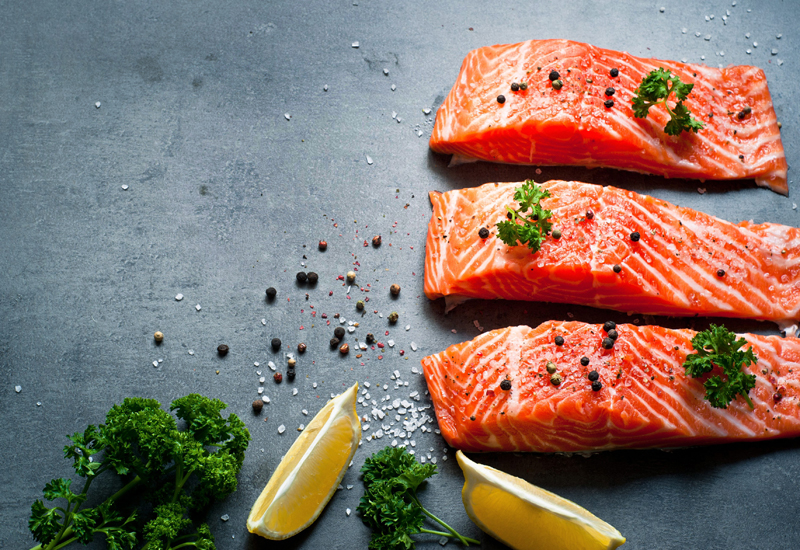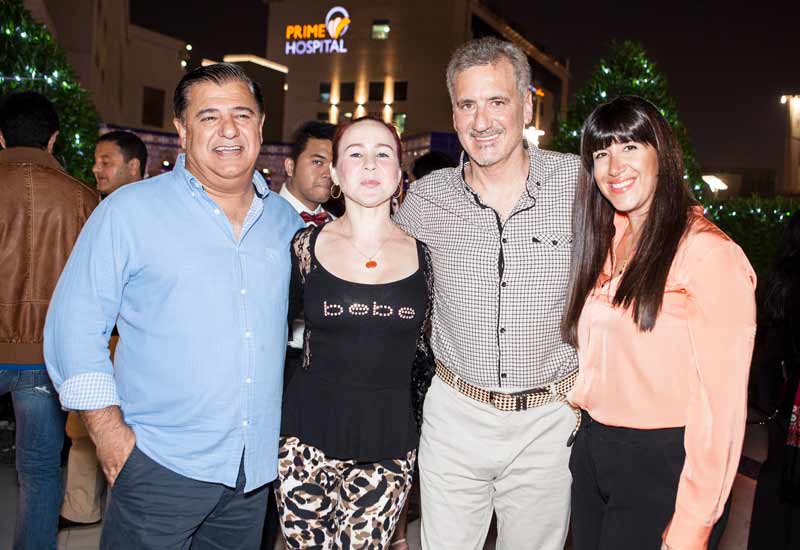Operations
Sourcing and sustainability
Consumers around the world are increasingly interested in where their food comes from — and the Middle East is no different.
James Gonzalez, president, Pacific Harvest Seafood, tells Caterer Middle East: “People want to know where the fish comes from, especially in higher end establishments and the retail sectors. Sustainable, wild and natural are among the things we see most often. This is the niche that we focuses on; we know where our fish comes from and it’s backed by required sustainability programmes like MSC and RFM.”
Abbas Muntaser, marketing executive, European Seafood, which will be exhibiting at this month’s Seafex in Dubai, concurs and states: “People right now are more driven towards fresh seafood than ever. This is not just because of its many beneficial effects on human health, but also as a source of sustainable food that can last for generations to come and provide for better lifestyles.”
Tommy P. Sawmy, sales manager, Ferme Marine de Mahebourg — which will also be present at the region’s first professional seafood show – agrees, and states: “Internationally, demand is rising for fresh, sustainable; GMO-free and farmed fish products fed without land-based animal fat”
Alexandre Pugnet, who is the managing director of French seafood wholesale business Quintessence, believes that travel and ease of accessing information has made consumers more educated about everything they buy.
“This is increasingly true for the food industry in general and the seafood industry in particular,” he adds. “Most products have their own specific taste, which should be complemented with spices, sauces and concoctions. If your flavour experience comes only from the sauce, then you’re missing the point. Consumers are extremely thirsty to learn more about simple good products, their heritage, how they’re farmed, fished or produced. It’s something we’ve kind of lost, with fast food and microwave offerings the past few decades, as well as respecting nature and its seasons, but the trend has been shifting in opposite directions.
“Consumers, all over the globe, are willing to pay more to eat better, and not necessarily more. Most Michelin star chefs are going back to local producers to source traditional products in order to respect seasonality, products and therefore the consumers,” Pugnet continues.
Anthony Reilly, head chef, Senara, points out that part of ensuring sustainable practices is about educating consumers about the variety of fish on offer. He explains: “People are still very conservative when it comes to seafood. They usually stick to cod/tuna/salmon which, of course, is damaging worldwide stock levels and driving the prices up for the suppliers and consumers.
“Ever so slowly people are starting to realise that many unknown fishes are just as tasty as the mainstream produce and the markets are introducing many species that top chefs are trying to experiment with. I’ve noticed a huge shift towards things like sea urchins and influences from Japanese cuisine.”
Meanwhile, Camil Ishak, managing director, Siblou, which is headquartered in Lebanon, says consumers are not only more socially-conscious, they are increasingly health conscious which is driving demand for seafood.
“Over the past year we have seen that consumers are seeking healthy, clean, and a diversified diet; food with real ingredients. The modern consumers want food that is natural and convenient at the same time. Additionally, they want food that contains a healthy dose of nutritional fat — consumers are now aware that they need to know where their food is coming from, where it is sourced and produced, and the need to trust what they are consuming. All of this is contributing to a massive increase in seafood demand,” Ishak reports.
Consumer-driven demands are shaping the future of the MENA’s seafood market, according to Andrew Pert, show director, exhibitions & events management, DWTC, which is organising and hosting Seafex.
“The UN’s Food & Agriculture Organisation has identified consumer interest in sustainability as an emerging trend within the Middle East. With organised information campaigns such as the WWF’s ‘Choose Wisely’ campaign in the UAE, lessons have been taken up by restaurateurs and retailers,” he comments.

| Advertisement |










 Search our database of more than 2,700 industry companies
Search our database of more than 2,700 industry companies









